Impressive strides have been made in aquaculture in recent years. Nonetheless, expanding marine fish farming in coastal waters can be challenging.
“There are a limited number of suitable sites, as well as ongoing concerns about pollution and sustainability,” notes The Blue Growth Farm (BGF) project coordinator Fabrizio Lagasco from RINA Consulting in Italy. “In many cases, there are also regulatory issues and local community opposition.”
Multifunctional offshore platform
The EU-funded BGF project set out to overcome these limitations. This was achieved by designing a multifunctional offshore aquaculture platform that combines modern automated fish production with renewable energy generation from wind, waves and solar.
“Various designs for offshore fish farming systems have been proposed over the years,” says Lagasco. “So far though, none have had widespread uptake, due to their inability to withstand harsh offshore conditions, unknown and unproven technology, and, not least, cost.”
All of these concerns were taken into account in BGF. To begin, platform-scale models were developed and tested in wave tanks and then at sea, to assess efficiency and stability. The impact of renewables on aquaculture production was also assessed through the deployment of a small experimental test on fish.
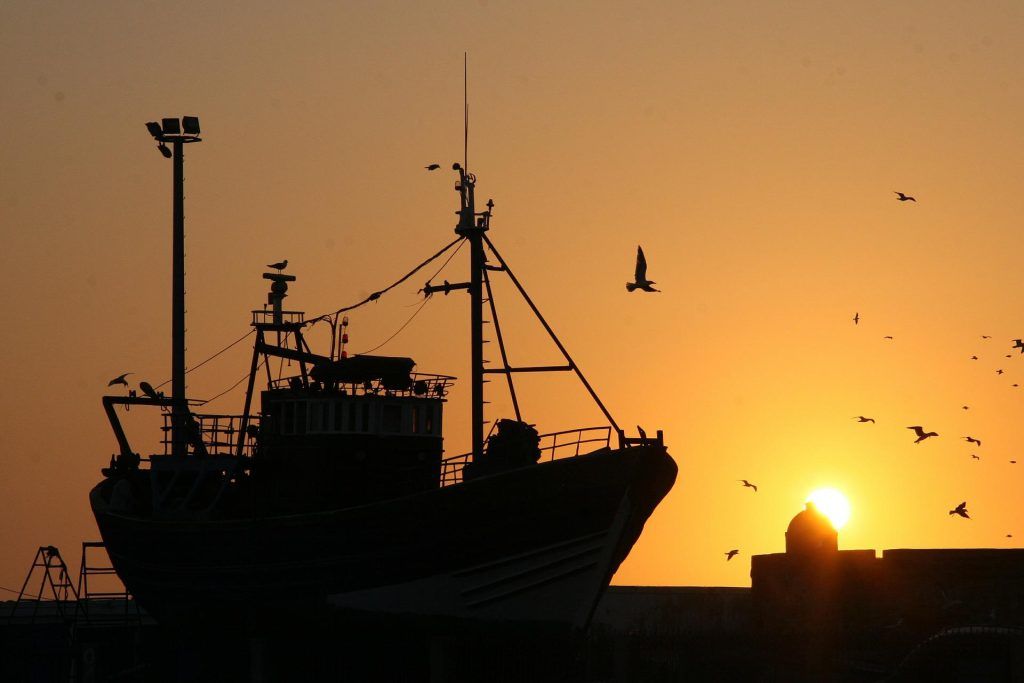
MEPs endorse alleviating consequences of war for EU fisheries and aquaculture
|
The team then set about fully integrating these renewable energy systems, including a 10 MW wind turbine, into the finalised offshore fish farm platform design. All energy produced on board is used to power equipment, as well as to recharge hybrid battery-powered service boats. Excess energy can even be dispatched to the land grid via an underwater cable.
Demonstrating seaworthiness
The platform-scale prototype was taken out to sea on a floating crane ship, before being positioned and moored at sea. The innovation was shown to be capable of resisting waves of up to 6 metres in height in the real scale, and offering calmer water conditions for fish in the inner aquaculture pools. The system can even be operated remotely onshore, ideal for when sea conditions are not suitable for accessing the platform.
“The full-scale platform design and integration of different technologies has been an important success,” adds Lagasco. “We were also able to identify specific training needs associated with BGF operations, as well as essential maintenance activities required.”
The project team also examined social acceptance of such multi-use platforms. Local community workshops provided valuable information on factors that influence public perceptions of offshore infrastructure. One key finding for example was that the creation of new jobs, as well as the production of energy from renewable sources, were identified as major community benefits.
Achieving marine sustainability
The positive results of BGF should enable the project team to move towards full-scale development and commercialisation provided that interest of investors is met. Lagasco notes that BGF infrastructure could also be used for sea traffic and ocean resource monitoring. Another potential cost saving is that machine learning capabilities and platform sensors can alert operators concerning any maintenance requirements.
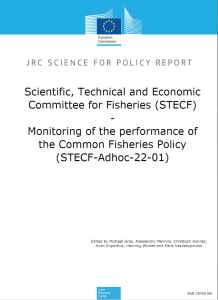
Scientific, Technical and Economic Committee for Fisheries (STECF)
|
“Our industrial vision is built around the ability of this infrastructure to guarantee a profitable yearly fish production in a safe way for both humans and the environment, while minimising sea occupancy,” explains Lagasco. “Maximising electricity production and use on-site also guarantees a zero-energy balance product.”
The sustainable exploitation of open sea resources could be the project’s long-term legacy. And by supporting Europe’s pressing need for both energy independence and environmental sustainability, the BGF project can help to boost European aquaculture, while contributing towards EU climate-neutrality goals.
Source: CORDIS – Press release

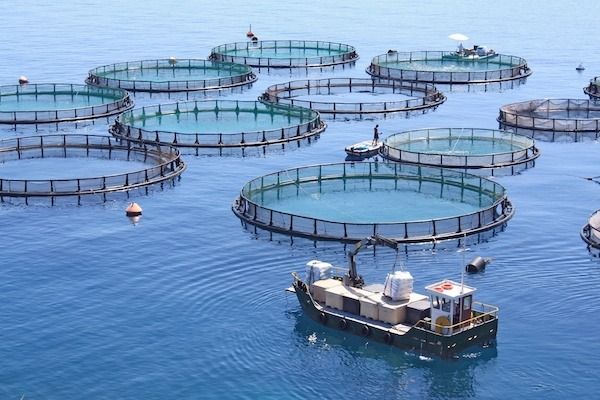
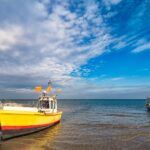
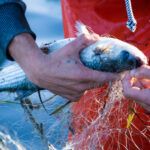
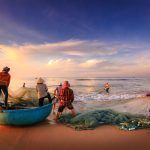
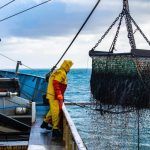
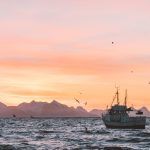
Leave a Reply